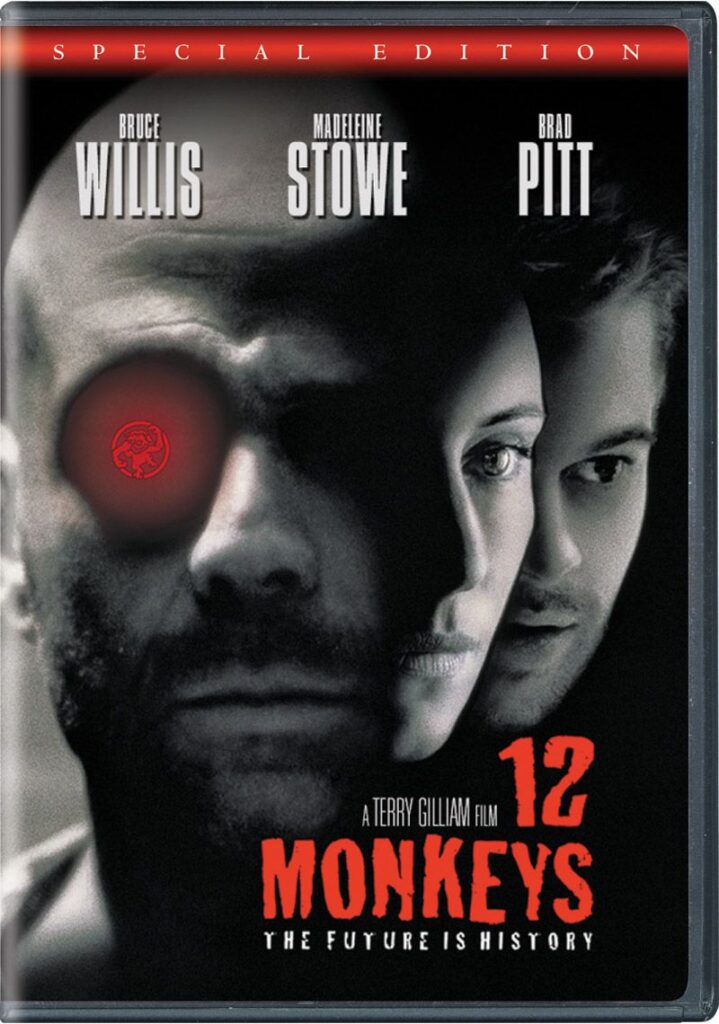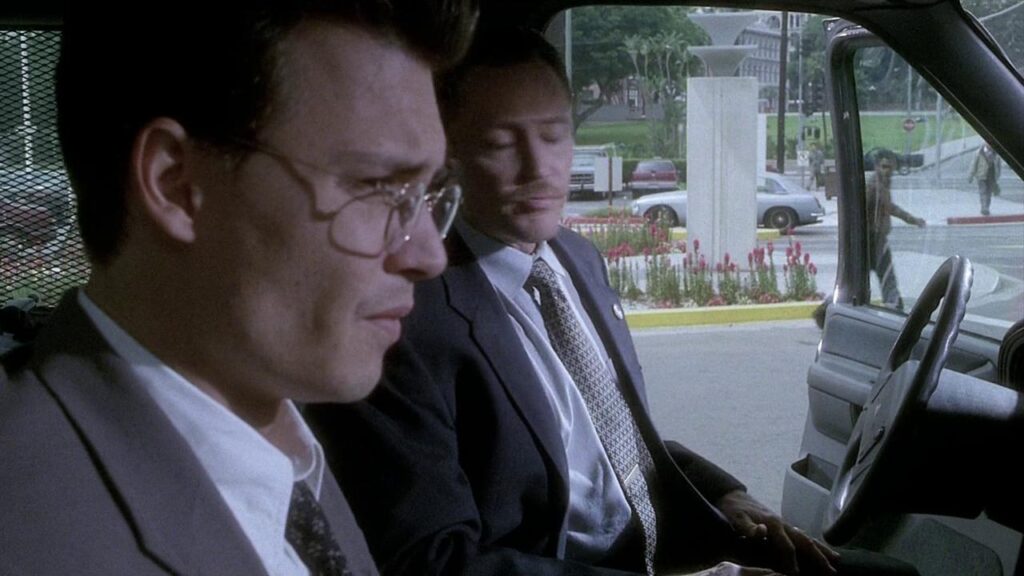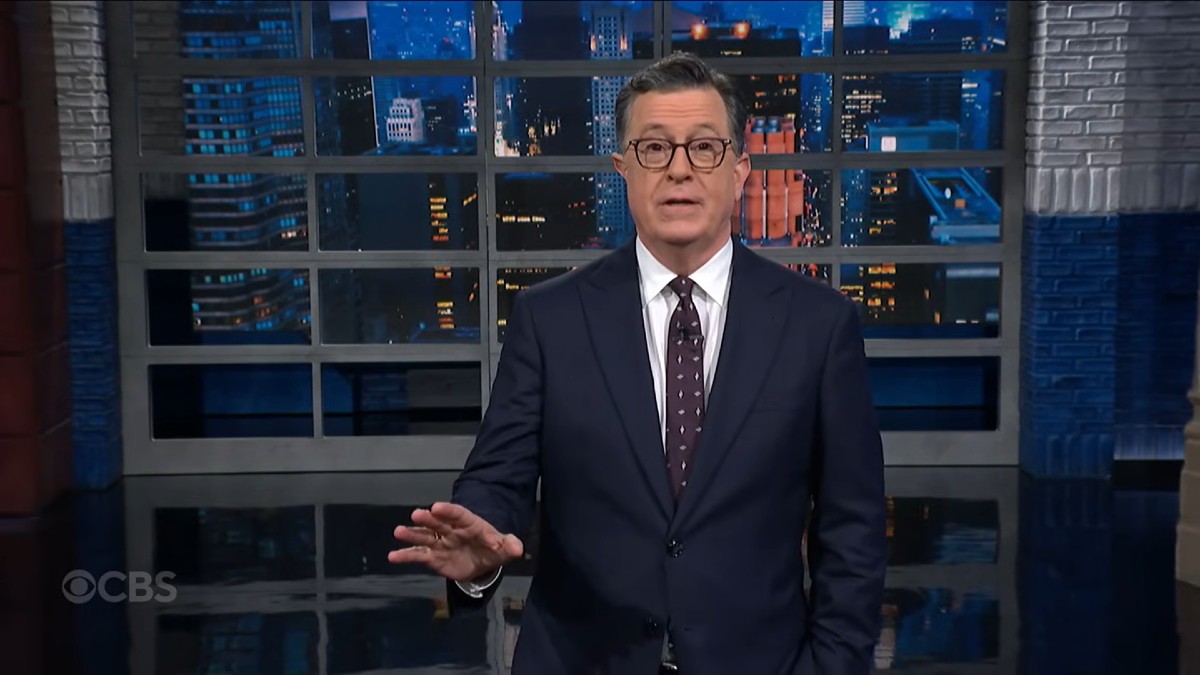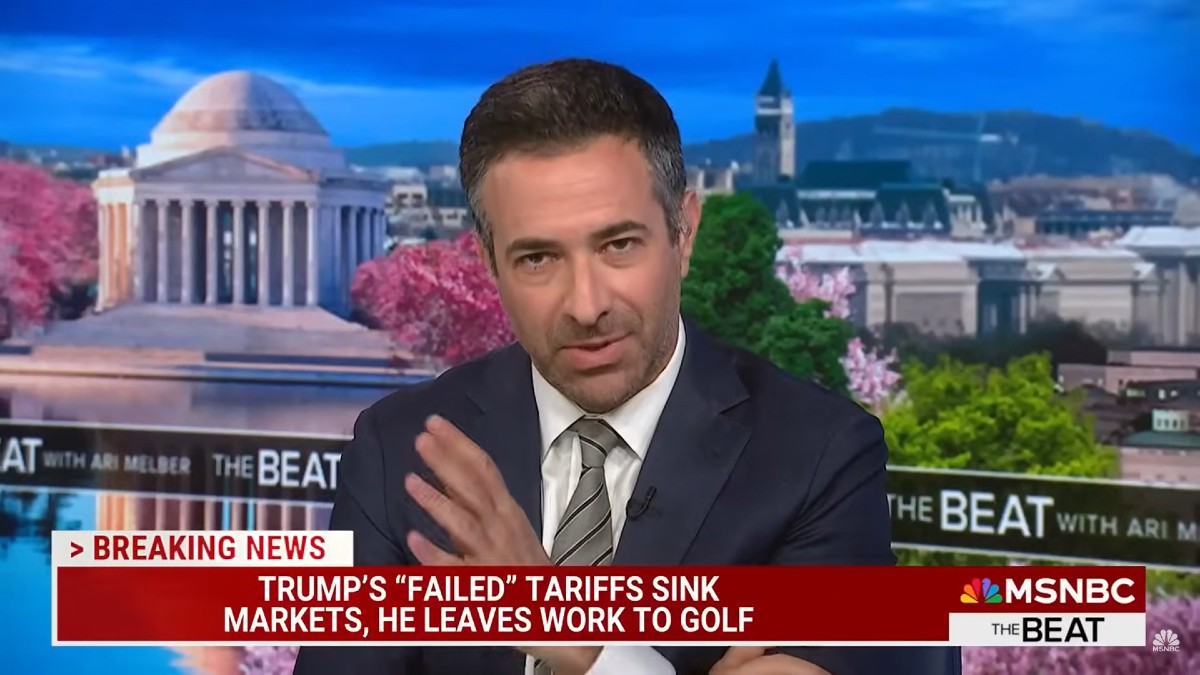David Foster Wallace's 5 Rules For Great Writing
I think a lot of times, since screenplays are just blueprints for movies and TV shows, we forget that real writing goes into them. We take for granted that someone still has to sit down and put words on the page. At the top of this new year, I have been paying more attention to novelists and their advice on writing to try to bring out my best work. I want my screenplays to read like a good book, to suck you in, and to have a mastery of storytelling. And to do all that, I have to listen to the great writers. So today, I want to take you through David Foster Wallace's advice on what makes writing great, and we can go from there. Let's dive in. - YouTube www.youtube.com 1. Get a Usage Dictionary One of the things that upped my writing game was just getting a usage dictionary and delighting in finding new words and turns of phrase that can help communicate my ideas better. Wallace recommended using a usage dictionary for advice on word choice in specific contexts and suggested keeping one handy for easy reference, even in the bathroom. You can get one on your phone, for that! 2. A Good Opener Never Fails We talk a lot about opening scenes on this website, but really, everything you write needs to have a good opener. Think about how you take a reader into a world and how you communicate with them. An effective opening should capture the reader's interest, clearly present the argument's terms, and indicate what's at stake. That's just good storytelling. 3. The Reader Cannot Read Your MindWhen telling a story, you have to recognize that you are in total control of how people come to understand the facts. They can't jump into your brain and get the answers. You have to present them in a timely and interesting manner. Therefore, paying close attention to the structure of your writing is essential. When are you giving what info and why? 4. Assume the Reader is Smart Don't write for the lowest common denominator. Wallace advised writing with the assumption that the reader is intelligent and will value clarity and precision. In screenwriting, you want to get to the point quickly, but you also want to talk to the audience reading like they are intelligent, and they should want to engage with you on this smart story. 5. Punctuate to Process, Not PronounceMany times, I'll see newer screenwriters using exclamation points or capitalizing random words or just formatting things weirdly in order to make a point. I'm a fan of doing whatever you think gets the story across well but don't go overboard, or it loses all meaning. Use punctuation primarily to help the reader easily understand phrases, rather than focusing solely on how it sounds when read aloud. The goal is effortless information processing for the reader. Let them sink into the story. Summing Up David Foster Wallace's 5 Rules For Great Writing I think it's important to treat screenplays like literary artifacts and to make the words on the page stand out. Getting advice from novelists is crucial here not only to make your work the best it can be but to develop your voice. And if you like this stuff, seek out more of Wallace's writing, and check out the movie, The End of the Tour, which was based on a journalist spending time with him. Let me know what you think in the comments.


I think a lot of times, since screenplays are just blueprints for movies and TV shows, we forget that real writing goes into them. We take for granted that someone still has to sit down and put words on the page.
At the top of this new year, I have been paying more attention to novelists and their advice on writing to try to bring out my best work. I want my screenplays to read like a good book, to suck you in, and to have a mastery of storytelling.
And to do all that, I have to listen to the great writers.
So today, I want to take you through David Foster Wallace's advice on what makes writing great, and we can go from there.
Let's dive in.
- YouTube www.youtube.com
1. Get a Usage Dictionary
One of the things that upped my writing game was just getting a usage dictionary and delighting in finding new words and turns of phrase that can help communicate my ideas better.
Wallace recommended using a usage dictionary for advice on word choice in specific contexts and suggested keeping one handy for easy reference, even in the bathroom. You can get one on your phone, for that!
2. A Good Opener Never Fails
We talk a lot about opening scenes on this website, but really, everything you write needs to have a good opener. Think about how you take a reader into a world and how you communicate with them.
An effective opening should capture the reader's interest, clearly present the argument's terms, and indicate what's at stake. That's just good storytelling.
3. The Reader Cannot Read Your Mind

When telling a story, you have to recognize that you are in total control of how people come to understand the facts. They can't jump into your brain and get the answers. You have to present them in a timely and interesting manner.
Therefore, paying close attention to the structure of your writing is essential. When are you giving what info and why?
4. Assume the Reader is Smart
Don't write for the lowest common denominator. Wallace advised writing with the assumption that the reader is intelligent and will value clarity and precision.
In screenwriting, you want to get to the point quickly, but you also want to talk to the audience reading like they are intelligent, and they should want to engage with you on this smart story.
5. Punctuate to Process, Not Pronounce

Many times, I'll see newer screenwriters using exclamation points or capitalizing random words or just formatting things weirdly in order to make a point. I'm a fan of doing whatever you think gets the story across well but don't go overboard, or it loses all meaning.
Use punctuation primarily to help the reader easily understand phrases, rather than focusing solely on how it sounds when read aloud. The goal is effortless information processing for the reader. Let them sink into the story.
Summing Up David Foster Wallace's 5 Rules For Great Writing
I think it's important to treat screenplays like literary artifacts and to make the words on the page stand out. Getting advice from novelists is crucial here not only to make your work the best it can be but to develop your voice.
And if you like this stuff, seek out more of Wallace's writing, and check out the movie, The End of the Tour, which was based on a journalist spending time with him.
Let me know what you think in the comments.




![Free Beta Weekend Available Now for ‘Stygian: Outer Gods’; New Gameplay Trailer Released [Watch]](https://i0.wp.com/bloody-disgusting.com/wp-content/uploads/2025/04/stygian.jpg?fit=900%2C580&ssl=1)












































![Extended Superman Clip Shown To Audiences At CinemaCon [UPDATE: Now Here]](https://lrmonline.com/wp-content/uploads/2024/12/Superman-Trailer-2-1024x832.png)











































![‘Fantastic Four: The First Steps,’ ‘Thunderbolts,’ ‘Tron: Aries,’ Top Walt Disney Studios Previews [CinemaCon]](https://cdn.theplaylist.net/wp-content/uploads/2025/04/03215859/FantasticFourSS.jpg)












































































































![Naming Your Baby? That Choice Could Haunt Them On Every Airline Upgrade List [Roundup]](https://viewfromthewing.com/wp-content/uploads/2025/04/upgrade-list.webp?#)







































































































































































































































































